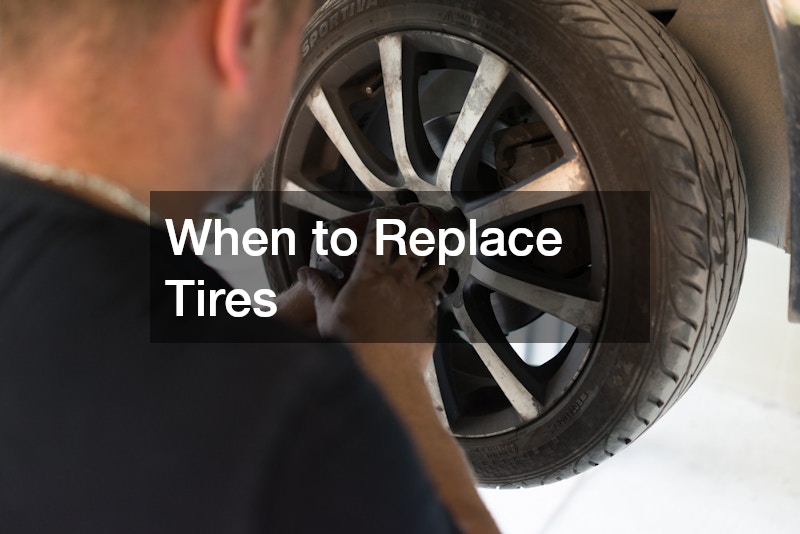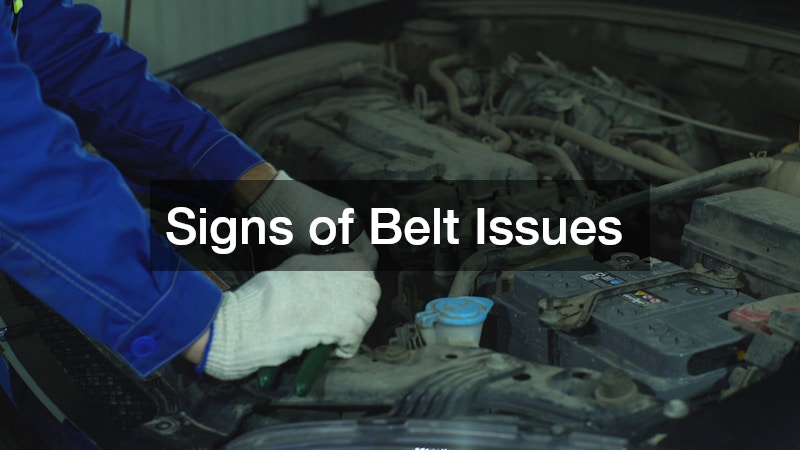Vehicle maintenance is an essential aspect of car ownership that ensures safety, reliability, and longevity of your automobile. However, many vehicle owners often have questions about maintenance practices and auto repair processes. In this article, we aim to address the most common auto repair FAQs including topics ranging from when to replace tires, signs of belt issues, and what to do after an accident. Understanding these can not only save money in repairs but can also prevent potential breakdowns. As we explore this comprehensive list of ten vehicle maintenance and auto repair FAQs, we will provide a detailed understanding of common issues car owners face, along with expert insights and practical tips to keep your vehicle running smoothly.
Best Covers for Beds
When it comes to maintaining the interior of your vehicle, one protective measure many owners overlook is using quality bed covers. A good bed cover can prevent UV damage, protect against spills and stains, and keep the interior clean and presentable. Not only does it enhance the vehicle’s aesthetic appeal, but it also ensures that the resale value remains intact over time, which is a crucial aspect for many car owners.
Specifically, there are various types of covers available – from traditional blankets to custom-fit covers tailored for your vehicle model. Each option comes with its unique set of benefits, such as water resistance or added cushioning for better protection against impacts and scratches. For example, a fully enclosed truck bed cover protects tools and other belongings from weather elements while improving fuel efficiency through reduced drag.
While selecting a bed cover, be sure to consider the specific needs of your vehicle and how you typically use it. Many have also found that purchasing a bed cover from a reputable auto parts retailer or dealership ensures a high-quality fit and finish. Ultimately, investing in a quality bed cover not only secures your vehicle but might also lead to fewer visits to the auto body repair shop.
When to Replace Tires

Proper tire maintenance is crucial for vehicle safety and handling in various driving conditions. Tires wear over time, which can significantly affect your vehicle’s performance and safety. Knowing when to replace tires may seem insignificant but it’s an integral part of any maintenance routine, ensuring that you drive safely and efficiently.
Tires should generally be replaced when they reach a tread depth of 2/32 of an inch or less, which can be easily measured using a penny or a tread gauge. Additionally, if you start noticing signs of cracks, blisters, or bulges on your tires, it’s a clear indicator that it’s time to visit a tire shop. Rotating your tires regularly can also extend their lifespan, ensuring that all tires wear evenly.
Another factor to consider is how long the tires have been in use—most tires have a recommended lifespan of 6 to 10 years regardless of tread wear. As part of the auto repair FAQs, experts also suggest checking the manufacturing date stamped on the tire sidewall to determine its age. If you’re unsure, don’t hesitate to consult with professionals at a tire shop to evaluate the condition and life expectancy of your tires.
Fixing Body Damage
Body damage can result from minor accidents, adverse weather, or even tiny stone chips on the road. The auto body repair process is essential not only for aesthetic reasons but also to maintain the structural integrity of your vehicle. Neglecting body repairs can lead to rust, which may result in more extensive damage that requires costly repairs in the future.
Specifically, when dealing with minor dents or scrapes, proactive measures such as buffing or paintless dent repair may suffice at a local auto body repairs shop. For larger collision damage, however, more comprehensive repairs may be warranted, including straightening the frame or replacing panels. Utilizing professionals in auto body repairs ensures that the job is done properly, preserving both safety and visual appeal.
Furthermore, ensuring that your vehicle has been repaired to its original condition can affect safety features, such as airbags or sensors, which may have also sustained damage. In dealing with body repairs, consider obtaining at least three estimates to compare prices and services. As part of the auto repair FAQs, understanding the importance of timely auto body repairs can not only enhance the vehicle’s outward appearance but also increase its longevity on the road.
Legal Help After Crash

Motor vehicle accidents, regardless of severity, can often lead to legal complexities that require professional assistance to navigate. Understanding your rights and responsibilities is essential, especially when it comes to filing claims or seeking compensations from involved parties. Many car owners encounter uncertainty regarding dealing with insurance companies, making engaging with accident attorneys a prudent decision.
Accident attorneys specialize in personal injury cases resulting from vehicular accidents, guiding victims through claim processes and ensuring fair compensation is sought. They can also help to gather evidence, negotiate settlements, and represent you in court if necessary, making them crucial allies in navigating post-accident scenarios. Getting legal help can make a significant difference in how claims are handled, especially when it comes to medical expenses or property damage.
Additionally, it’s important to file an accident report with local law enforcement, as this will document the details of the incident. This report can serve as a vital asset for your attorney while reinforcing your position during negotiations. Reminding accident victims through auto repair FAQs can help underscore the need for legal counsel, affirming that it’s never too early to seek professional help after an accident.
Neck & Back Pain Care
Neck and back pain are common complaints after automobile accidents, regardless of impact severity. Injuries to the cervical and lumbar spine can require extensive care, making it vital for those affected to seek the attention of specialized healthcare providers. Auto accident chiropractors can help diagnose injuries and provide treatment to relieve pain and aid recovery.
Chiropractic care plays a crucial role in addressing the soft tissue damage and spinal misalignments that often accompany auto accidents. Treatment may include spinal adjustments, physical therapy, or rehabilitation exercises tailored to individual needs. The goal is to alleviate pain, restore mobility, and prevent potential long-term consequences such as chronic pain or mobility issues.
Furthermore, staying proactive about treatment can significantly decrease recovery time while minimizing the risk of future complications. Consulting with auto accident chiropractors early in the recovery process increases the likelihood of a faster and more successful recovery. As part of auto repair FAQs, discussing the importance of good neck and back care emphasizes the connection between physical health and overall vehicle safety.
Signs of Belt Issues

Timing belts are crucial components that play a vital role in engine performance. They control the timing of the engine’s valves, ensuring that the engine runs smoothly, and if neglected, issues with the belt can lead to serious engine damage. Recognizing the signs of belt issues is essential for any car owner to maintain optimal vehicle function.
Symptoms indicating belt issues include unusual noises (like squeaking or ticking), noticeable wear and tear on the belt, and engine performance issues. If you experience difficulty starting the engine or notice the engine overheating, these could also be signs that the timing belt requires immediate attention. Having the belt checked during routine maintenance can prevent more significant problems in the future, saving both time and money in auto repair.
Moreover, most manufacturers recommend timing belt replacements between 60,000 to 100,000 miles, but checking with your vehicle’s manual is advised. Neglecting to replace a worn belt can result in it snapping, leading to catastrophic engine failure and costly repairs. Among auto repair FAQs, understanding the critical role of timing belts reinforces the necessity of diligence and timely car maintenance.
Emissions Test Info
Many states require vehicles to pass emissions tests, which play an important role in reducing air pollution. These tests measure the amount of pollutants released by a vehicle’s engine and determine whether the vehicle meets environmental standards. Understanding when and where to get your emissions tested is key to maintaining compliance and avoiding fines or penalties.
Emissions tests typically involve a combination of visual inspections and computerized diagnostics that evaluate the car’s exhaust system. If your vehicle fails the test, you may need repairs to address issues such as faulty oxygen sensors or catalytic converters. Regular maintenance of your vehicle’s fueling and emissions systems can improve performance and help avoid future problems.
It’s useful to become aware of the timeline for emissions testing as it can vary by state; some require annual testing while others do it every couple of years. Staying informed on requirements can mitigate last-minute repairs, and being proactive about your vehicle’s emissions status is an integral part of responsible car ownership. FAQs regarding smog checks often emphasize the importance of understanding emissions regulations to keep your vehicle compliant and operational.
When to Call a Tow

Knowing when to call for auto towing services can save you a considerable amount of time and stress during emergencies. Whether you experience a flat tire, engine failure, or find yourself in a ditch, understanding what circumstances warrant a tow is crucial for every driver. Timing is key; addressing issues early can help to prevent potentially more costly repairs down the road.
If you’re unable to start your vehicle, a flat tire beyond repair, or have been in an accident, these are primary reasons to call an auto towing service. Additionally, if you feel unsafe or stranded in an unfamiliar area, it’s wise to seek help from professional towing services promptly. Towing companies are equipped to handle vehicles of all sizes, ensuring that you’re safely transported to a service station or your desired location.
It’s also beneficial to keep a list of local and reliable towing services on hand to avoid panic when something goes wrong. Being familiar with various tow truck options, including flatbed versus hook and chain, can also enhance your experience. As part of auto repair FAQs, understanding when and how to call for a tow ensures that you remain safe and your vehicle is swiftly dealt with in dire situations.
Deep Cleaning Cars
Keeping a clean vehicle is not merely about aesthetics; it greatly enhances the overall driving experience. A clean car interior contributes to better comfort, removes allergens, and increases resale value. Many vehicle owners overlook the importance of investing time in thorough cleaning, often leading to dirt and grime buildup that requires professional services.
Auto detailing services specialize in comprehensive cleaning, including deep cleaning carpets and upholstery, washing and waxing exteriors, and restoring surfaces. These services go far beyond a simple wash and vacuum; detailing can also improve paint longevity and preserve the vehicle’s shine. For those who prioritize vehicle appearance and hygiene, detailing can lead to a satisfying driving environment and an appealing exterior.
Understanding the benefits of deep cleaning can inspire regular maintenance routines between professional detail appointments. Techniques such as applying protectants or using specialized cleaning agents can also make a significant difference in maintaining your vehicle’s look. Resolving these auto repair FAQs reinforces the need for ongoing care and attention to your vehicle, enhancing both performance and experience over time.
Fixing Bumper Dents
Dents and scratches on bumpers are common occurrences, whether from minor accidents, shopping carts, or tight parking spots. Repairing these unsightly blemishes can restore your vehicle’s appearance while maintaining its value, making it essential for car owners to address them promptly. Bumper repairs can vary in complexity, from simple touch-ups to more extensive repainting or replacement.
Repair options include do-it-yourself techniques using dent repair kits or seeking professional services for more significant damage. Professionals in bumper repair possess the tools and expertise to address issues with precision, ensuring that the repairs blend seamlessly with the vehicle’s original look. In cases of minor dent repairs, paintless dent repair is often a favored method due to its cost-effectiveness and quick turnaround.
Ultimately, attending to bumper damage not only enhances aesthetics but can also improve safety functions, especially in modern cars equipped with backup sensors or cameras. As a part of auto repair FAQs, it’s crucial to understand how maintaining the integrity of bumpers safeguards your vehicle’s performance and safety. Investing time in repair allows vehicle owners to address minor issues before they escalate into more expensive repairs.
Throughout this article, we’ve explored common vehicle maintenance and auto repair FAQs that every car owner should be aware of. From understanding when to replace tires and recognizing signs of problems in your vehicle’s systems to addressing accidents and their legal implications, knowledge is power. Making informed decisions not only enhances the safety and longevity of your car but also contributes to projecting a positive aesthetic.
